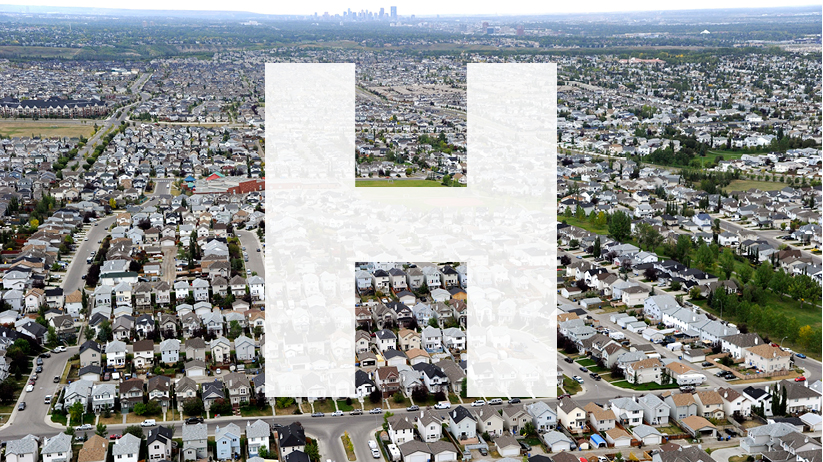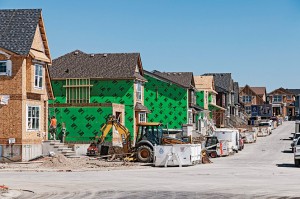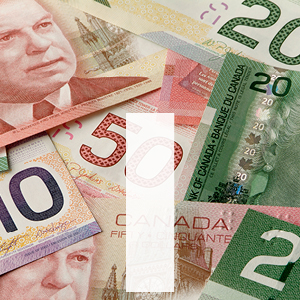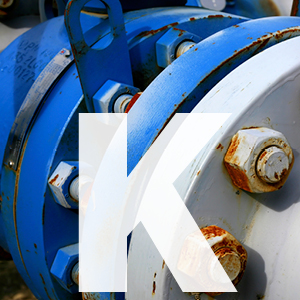Encyclopedia of the oil crash: H is for housing market
…and Heritage Fund. View this and more in our encyclopedia of the oil crash
Share

HERITAGE FUND
The familiar name given the Alberta Heritage Savings Trust Fund, established by the government of Alberta in 1976 to handle massive provincial surpluses resulting from what old-timers called “the energy crisis.” The net value of the Heritage Fund was estimated at $18.1 billion in the most recent quarterly report. Contrary to popular belief, the fund was never intended to serve purely as a stash for a “rainy day”; it always had multiple social and political objectives—not unlike a central bank with an awkward dual mandate—and its investments included discounted loans to other provincial governments in the inflationary late ’70s. The core of the fund is the $12 billion in resource revenues squirrelled away from 1976 to 1987, when Alberta shifted to a policy of spending the interest. Another $3.9 billion, rarely mentioned when Alberta is being lambasted for not being Norway, was added from 2005 to 2009. Holdings range from $100 million or so worth of Apple Inc. stock to a piece of Toronto’s Yorkdale shopping centre. Colby Cosh
[widgets_on_pages id=”A to Z of the Oil Crash”]
HOUSING MARKET
By every indicator, statistic and anecdote, Canada’s housing market is wildly overvalued. In December, the Bank of Canada warned prices are between 10 and 30 per cent overvalued. In January, Deutsche Bank’s top economists offered an even more alarming figure, saying that, relative to historical averages, houses are selling for 60 per cent more than they’re worth—the highest overvaluation in the world. Household debt levels relative to incomes are now well above where they were in the U.S. at the peak of that country’s housing bubble. Meanwhile, if there has been any panic in the market, it’s been among house hunters afraid of missing out on a chance to buy before prices rise higher—a sure sign of froth. And yet the trend continues.
The question now is: Will the oil crash trigger a housing crash, too? Real estate across the country benefited immensely from the boom in oil and other resource commodities. It put more money into the pockets of consumers, businesses and governments, drove up the price of the loonie—which kept inflation and interest rates low—and boosted consumer confidence, spending and borrowing. “These linkages are all difficult to quantify, which is why they’re underappreciated,” David Wolf, a former Bank of Canada adviser and now Fidelity Investments portfolio manager, noted recently. “But we know they’ve all been working in the same direction—up. And now they’ll all work in the same direction—down.” Already, we’ve seen substantial weakening in Calgary’s housing market, one of the three—along with Vancouver and Toronto—that have led the country in gains.

Can the Bank of Canada rescue the housing market again, as it did in 2009, when ultra-low rates reignited the house-price gains that led the country out of recession? In moving to cut its benchmark interest rate by 25 basis points to 0.75 per cent, the Bank has put aside its concerns about household debt and home prices and determined that the oil crash poses an even bigger risk. Within hours of the rate cut, real estate site Zoocasa said traffic was up by a quarter.
Still, sentiment can change quickly. U.S. oil production has been booming for several years, yet it was not until last June that oil markets suddenly took notice. Once the mindset of the market shifted from oil-scarcity concerns to fears of oversupply, the jig was up. An emotionally driven market like real estate would be no different. There is ample evidence that house prices are primed to fall. All that’s needed is for market expectations to reverse. Jason Kirby (Photo: Bayne Stanley/CP)
NEXT:

I is for interest rates, International Energy Agency, Islamic State
J is for jobs, June 20, 2014
K is for Keystone XL